
Endoscopy is a diagnostic procedure or a test that is performed in order to examine the lining of the gastrointestinal tract and the organs of that tract. It is not performed in children as commonly as in adults, probably because children are healthier and less prone to certain gastrointestinal diseases, but there are cases when it is necessary to do this procedure in order to determine the source of a child’s gastrointestinal problems.
Endoscopy for children
Endoscopy is done using an instrument called endoscope. It is a long, flexible tube with a camera attached to one end. It is inserted through the mouth and used to examine the esophagus, stomach, small intestine and large intestine.
Depending on the problem, doctors need to look at one or more parts of the gastrointestinal tract.
The whole stay in the hospital or clinic takes up about four hours. Most hospitals ask that the patient arrives 60 to 90 minutes before the procedure. Endoscopy can be done using general or local anesthesia. For children, most doctors prefer total anesthesia, in which the child is put to sleep during the procedure, in order to avoid discomfort.
Endoscopy may last from 30 to 90 minutes, depending on which organs need to be inspected. After that, the child remains in the recovery room until he or she wakes up, and for some time afterwards.
Before endoscopy
Parents of children scheduled for endoscopy will receive information on how to prepare the child for the procedure. It is necessary to remove all jewelry and piercings, nail polish and contact lenses.
Drugs such as ibuprofen, Aspirin, Aleve, Advil and Motrin should not be given to the child for two weeks before the endoscopy. However, if the child experiences severe pain, some Tylenol can be given before the procedure. if a child has asthma, inhalers can be used at the usual time.
The general rule when it comes to diet before endoscopy is not to eat or drink anything for six hours before endoscopy. However, a child can be given clear non-red fluids until four hours before the procedure is scheduled to start. After that time, no solid or liquid food is allowed.
After endoscopy
Endoscopy is a very safe procedure and complications are rare. A child who just had an endoscopy may complain of sore throat and tenderness in the area of the neck and upper chest. Mild abdominal pain can also be expected. These side effects are perfectly normal and fortunately short-lasting.


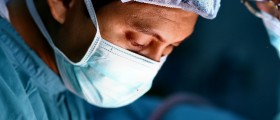

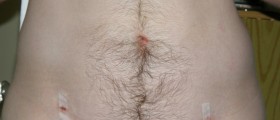
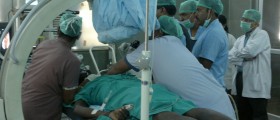
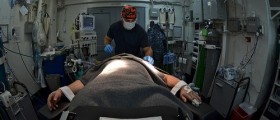

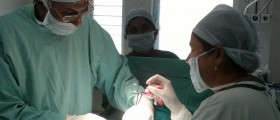

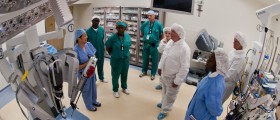

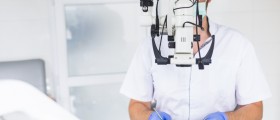
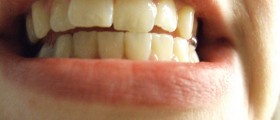
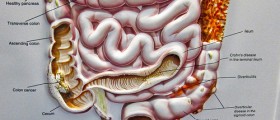


Your thoughts on this
Loading...